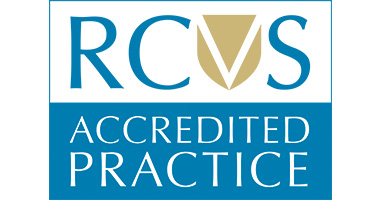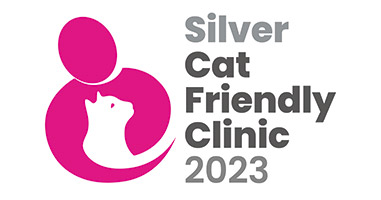Weight
Over half of all pets are overweight. This can have a significant impact on their health, welfare and longevity.
How do I assess my pet’s weight?
Being familiar with your pet's weight means you can help them to be healthy. There is a large variance in healthy weight for dogs and cats - even of the same breed and age. This means that as well as weighing them, we routinely use a Body Condition Score (BCS) to help assess pets. You can use the infographics in the link here to check your pet yourself.
What do I do if my pet is overweight?
Being above ideal / overweight / obese is usually a sign that your pet is getting too much food intake compared to the energy they use exercising and playing.
Don't worry if you don't think your pet is in the 'ideal'; your vet will assess your pet's weight and body condition score at any regular visit and may recommend a dietary and/or exercise plan to help get them to the ideal range. See our section on diet to ensure you’re feeding the correct one. https://www.shepherdsthevets.co.uk/order-food/
What do I do if I’m trying to get my pet to lose weight and it isn’t working?
It is worth checking them with the vet to rule out conditions that may mean it’s more difficult for them to exercise or affect their metabolism. Blood tests may be recommended.
There are specific weight loss foods available that are designed to restrict calories but keep your pet still feeling satisfied, so they are less likely to feel hungry or beg for treats.
We also offer free weight clinics with our nursing team to help them achieve an ideal weight.
What do I do if my pet is too thin?
Being too thin may mean your pet needs an increase in food intake, or can be a sign of an underlying disease. See our section on diet to ensure you’re feeding the correct one.
It is a common misconception that it is normal for pets to lose weight as they get older, but this should not be the case in a healthy pet and may need investigation.
If you are feeding extra food compared to what the manufacturer recommends or they have other symptoms alongside being thin – such as drinking/urinating excessively, increased appetite, lethargy, vomiting or diarrhoea, book them in for a check with the vet. Blood tests may be recommended.
If in doubt about your pet's food or weight, make an appointment with one of our team to discuss your pet's nutrition.



